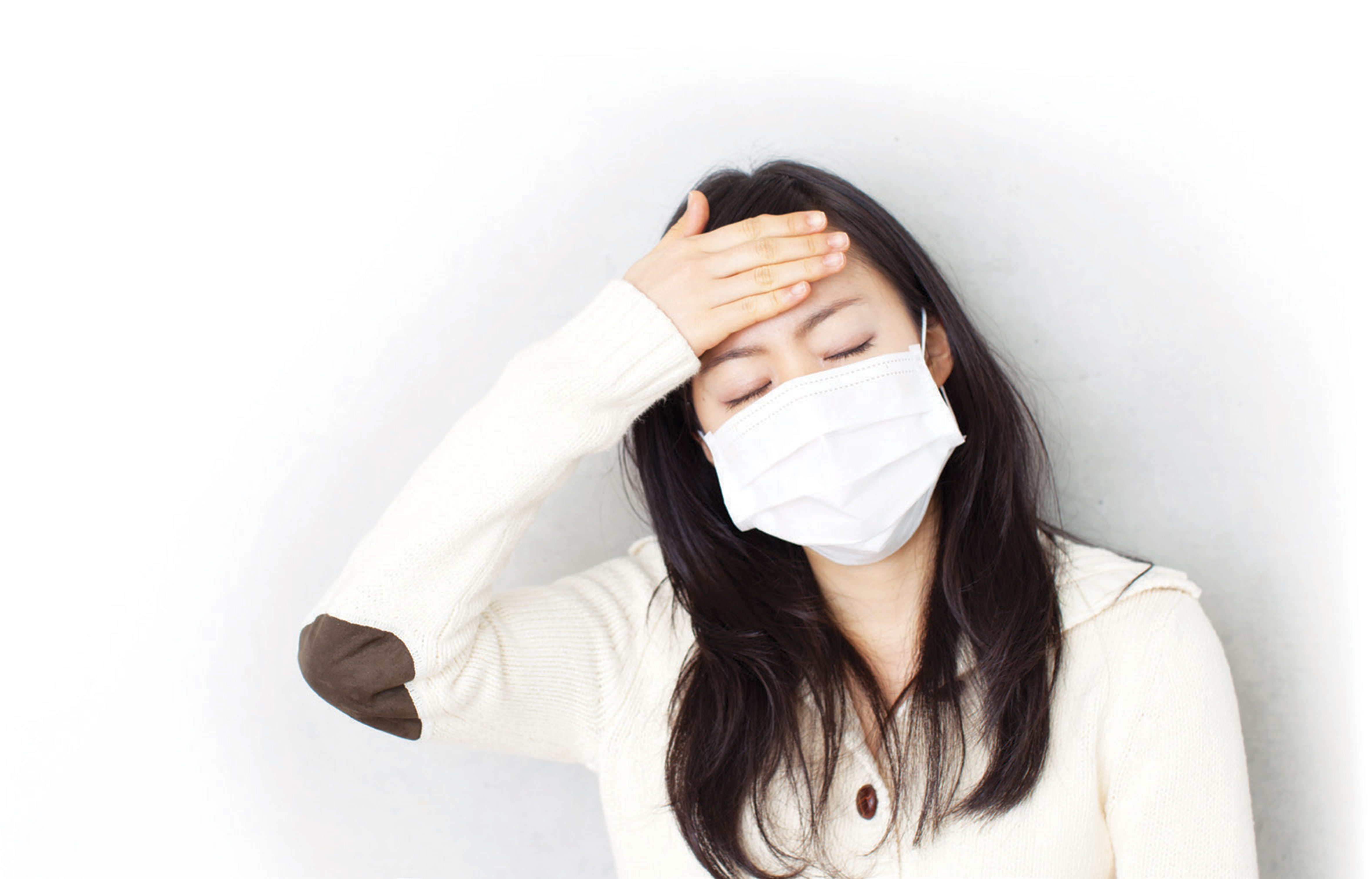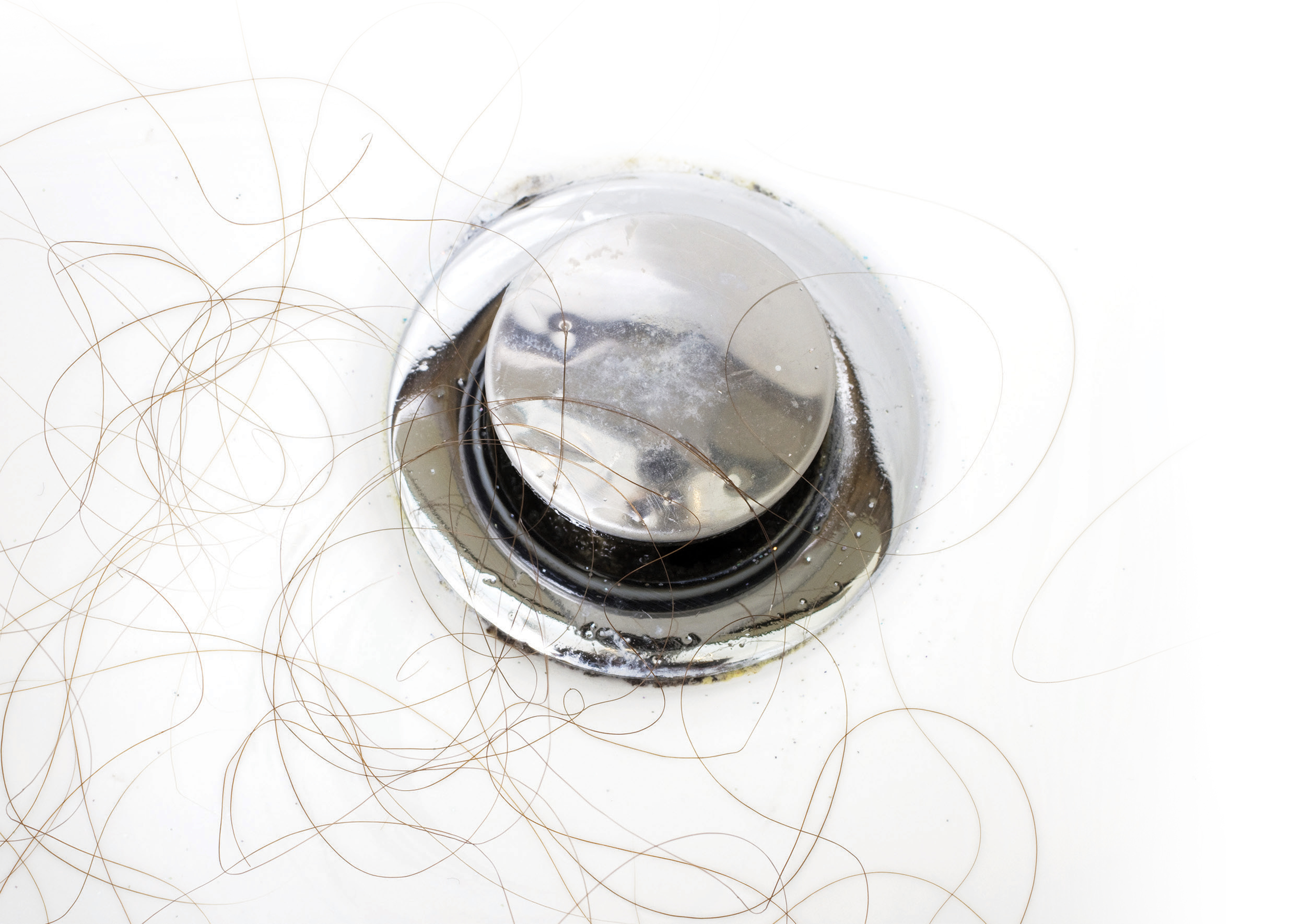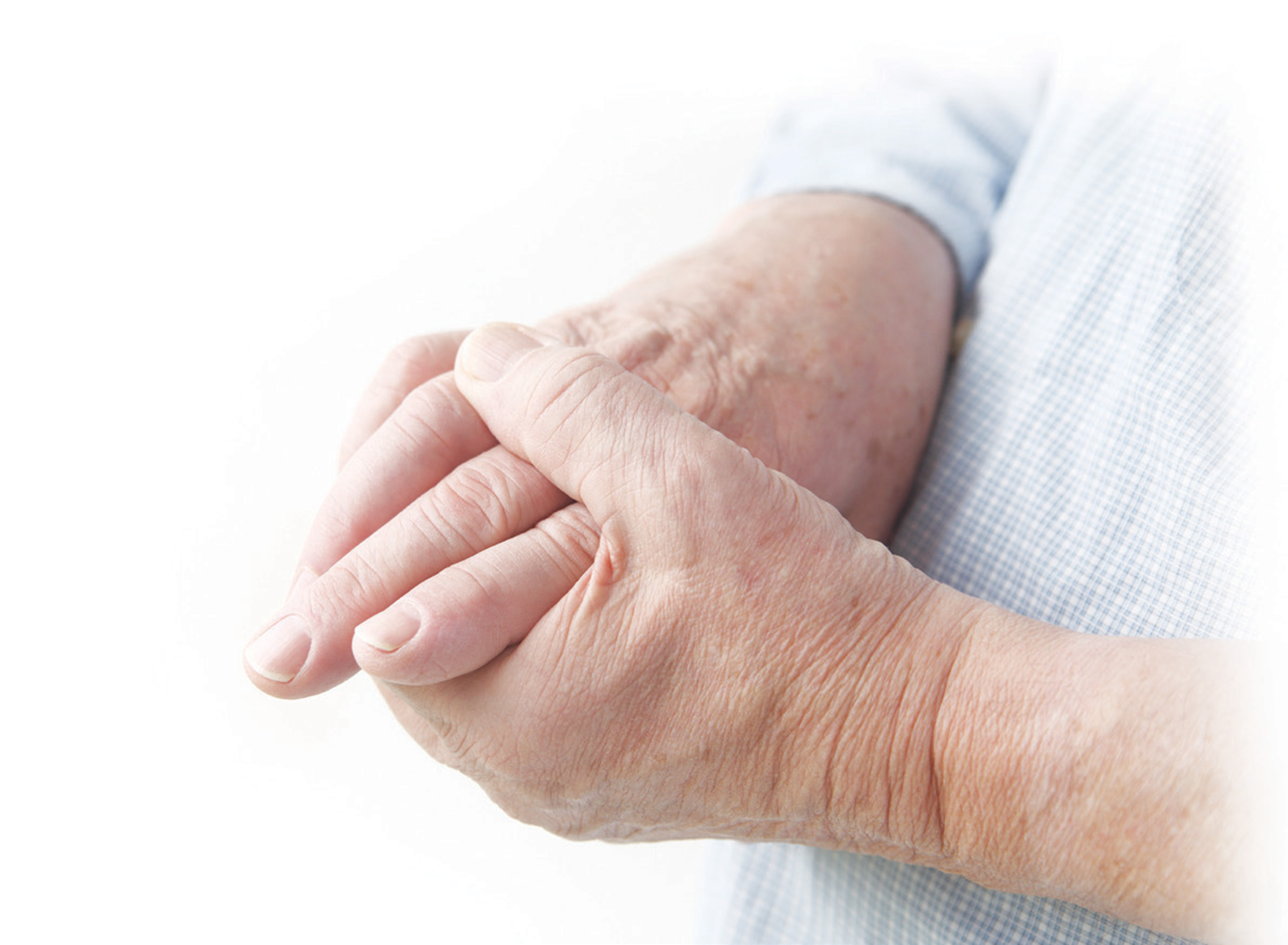Page Content
Are There Any Side Effects Of Chemotherapy?
Chemotherapy is often linked to many side effects. While it is true that chemotherapy drugs often cause a wide range of side effects, most of these side effects are temporary and can be minimised or prevented.
Do remember that different drugs cause different side effects, and every individual experiences different side effects to different extents.
To understand more about your chemotherapy, please contact your pharmacists.
What Causes These Side Effects?
As cancer cells grow and reproduce rapidly, chemotherapy acts by killing these rapidly growing cells. However, these drugs also affect normal healthy cells resulting in side effects.
The types of cells most likely to be affected by chemotherapy would be those that reproduce rapidly, such as bone marrow cells (cells that give rise to blood cells) and cells in the digestive tract, hair follicles and the reproductive system.
How Long Do These Side Effects Last?
Most normal cells recover quickly when chemotherapy is over; thus most side effects gradually disappear after treatment ends. The time it takes to recover from these side effects varies from person to person. These side effects can be unpleasant, but they can largely be well controlled with medicines e.g. anti-nausea drugs.
AccordionContent1

Chemotherapy can reduce the number of white blood cells which your body produces. When this happens, you are more likely to get infections. Common illnesses such as fever, cough and cold may become severe. It is therefore important for you to prevent infections.
You must call:
National University Cancer Institute, Singapore
6773 7888 (Mon – Fri, 8.30am – 5.30pm) OR
CancerLine
9722 0569 (Mon – Fri, 8.30am – 5.30pm)
If:
- your temperature reaches 38°C at any time
- you are having symptoms of infections such as chills, severe cough or sore throat, burning pain when passing urine, persistent diarrhoea or shortness of breath
At the Emergency Department, you must inform the doctor on duty that you are receiving chemotherapy.
AccordionContent2
Every patient reacts differently to chemotherapy. Many people may feel nausea. There are also some who may experience vomiting. Nausea and vomiting can be controlled or lessened by medication. Your doctor may prescribe anti-vomiting medication to be taken after your chemotherapy, even if you do not experience much nausea. Do follow the instructions or discuss this with your doctor or nurse.
You must call your doctor or nurse if you:
- are not able to drink or eat enough
- continue to have nausea and vomiting for more than 24 hours despite taking the prescribed anti-vomiting medication
AccordionContent3
Chemotherapy may affect the cells lining the intestine to cause diarrhoea. Certain chemotherapy drugs have a higher chance of causing diarrhoea. Your doctor will prescribe anti-diarrhoea medications with instructions. Make sure you read and understand these instructions.
Contact your doctor or nurse if you have:
- diarrhoea that persists for more than 24 hours, or diarrhoea with severe pain or cramps despite taking anti-diarrhoea medicine
- diarrhoea for more than six times with large amount of watery stool despite taking anti-diarrhoea medicine
AccordionContent4

Constipation could be an unpleasant side effect of chemotherapy. However, constipation may also occur for other reasons such as when an individual is less active or less nourished than usual.
Do notify your doctor if you:
- have not had any bowel movement for more than three days
Your doctor may prescribe some medicine to assist your bowel movement.
AccordionContent5
Some chemotherapy drugs cause sores in the mouth and throat. These sores may be painful and may become infected. It is therefore important for you to have good mouth care to keep your mouth and throat clean.
You must call your doctor or nurse if you have:
- sores in your mouth
- white spots/patches in your mouth
- pain in your mouth
- difficulty eating, drinking or swallowing
- unusual amount of bleeding
AccordionContent6
Loss of appetite and alteration in taste are common side effects for patients undergoing chemotherapy. Loss of appetite may also be due to the cancer itself, or even emotional stress. However, it is important for you to maintain an adequate intake of protein and calories so that your normal cells can repair and regenerate effectively.
AccordionContent7

Chemotherapy can weaken the hair follicles and cause hair to fall out much more quickly than usual. However not all chemotherapy drugs cause hair loss. Your nurse or doctor will inform you if the drugs that you are receiving are likely to cause hair loss.
Hair loss does not happen immediately. Hair becomes thinner and starts to fall out gradually or in clumps, two to three weeks upon starting treatment or after a few treatments. This will depend on the type of treatment you receive. You may experience hair loss on all parts of the body and not just the head.
Your hair will usually start to grow back completely from six to twelve months after completion of treatment. Your hair may also start to grow while you are still receiving treatment. The texture and colour of your new hair may be different, for example, curly hair becomes straight and dark hair becomes lighter.
Hair loss can be disturbing; it affects one's self-image and quality of life.
Contact your nurse and talk about your feelings if you are:
- angry and / or upset about your hair loss
- seeking practical tips to improve your physical appearance
(Your nurse can arrange for you to attend a 'LOOK GOOD FEEL BETTER' workshop where you can learn beauty techniques to manage appearance related changes from cancer treatment.)
AccordionContent8
Fatigue is a feeling of tiredness that can keep you from doing the things you normally do or want to do. It may be physical, emotional, and/or mental exhaustion. Your body, especially your arms and legs, may feel heavy. You may have less desire to do normal activities like eating or shopping. Sometimes you may find it hard to concentrate or think carefully. Fatigue is very common among people on chemotherapy treatment. The exact cause of fatigue is unknown but factors such as the cancer itself, low blood counts, nutritional problems and sleep problems contribute to fatigue.
You may want to talk to your nurse if:
- you have been too tired to get out of bed for the past 24 hours
- you feel confused or cannot think clearly
- your fatigue worsens
AccordionContent9
Effects on Skin And Nails
Skin can start to peel or become dry, red, itchy, darker and sensitive to sunlight after chemotherapy. Sometimes, the nails may become dark, yellow, brittle or loosen and fall off. New nails will usually grow back.
Effects on Kidney And Bladder
Some chemotherapy drugs may affect and damage the bladder and kidney. These side effects can be permanent or temporary. Therefore, it is important to recognise their signs and symptoms.
You must inform your doctor or nurse if you have:
- experienced pain or a burning sensation when passing urine
- urgency in urination
- reddish or bloody urine
- significant reduction in urine output
Effects On The Reproductive Systems
For men, chemotherapy drugs can cause:
- a decrease in sperm count
- infertility (may be temporary or permanent)
For women, chemotherapy drugs can cause:
- damage to the ovaries
- a decrease in the amount of hormones
- menstrual period to become irregular and may even stop completely
- menopausal like symptoms e.g. hot flushes, itching, burning or dryness of the vaginal tissue
- tissue changes which may result in painful sexual intercourse and vaginal infection
- infertility (may be temporary or permanent)
AccordionContent10
Chemotherapy can reduce platelets which your body produces. Platelets help stop bleeding by making the blood clot. A low platelet count may cause you to bleed or bruise more easily than usual.
You must inform your doctor or nurse if you have:
- bleeding from your nose or gum
- blood stained urine / stools or black and tarry stools
- small red spots appearing on your skin
- unusual bruises
- blood-stained phlegm / sputum
- increased blood loss from menstruation
AccordionContent11

This refers to numbness, burning or tingling sensations over the fingers and toes, which may persist for some time after completion of chemotherapy. This may occur after chemotherapy that affects the peripheral nerves in the limbs. Depending on the type of cancer and treatment prescribed, patients may experience mild to severe forms of peripheral neuropathy. For example, patients may experience mild discomfort or difficulties in performing tasks requiring fingers, e.g. buttoning.
AccordionContent12
